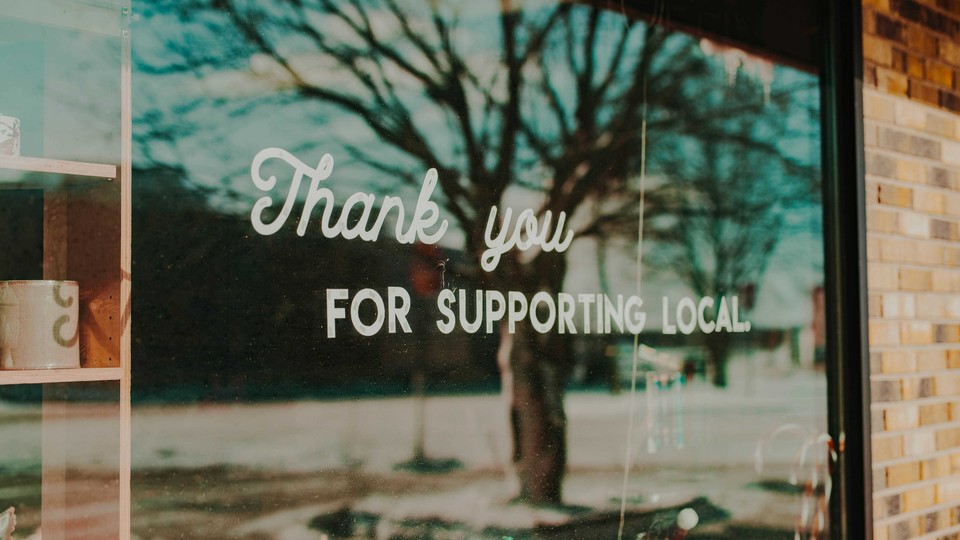
Ground Rules
The Payoff Of Agreements That Benefit Communities
Based on research by Kate Odziemkowska and Sinziana Dorobantu
The Payoff Of Agreements That Benefit Communities
- Community Benefits Agreements, called CBAs, are accords that compensate local residents for the effects of an incoming business venture.
- These agreements are more likely in situations where local protests or litigation have the potential to disrupt business.
- When access to a location is the difference between financial success and failure, CBAs are a lucrative hedge against costly conflicts.
In Pittsburgh, a coalition of 100 community groups brokered a deal with developers of the Pittsburgh Penguins ice hockey team for $8.3 million in neighborhood improvements. In Oakland, California, developers of an $800 million high-tech complex promised local residents 50 percent of its construction jobs. And in Chicago, the Obama Presidential Center is working with residents to shield them from skyrocketing rents.
Community Benefits Agreements, or CBAS, as these agreements are called, are increasingly common between businesses and the places where they want to set up shop. But are they worth the money? To find out, Rice Business professor Kate Odziemkowska joined Sinziana Dorobantu of New York University to analyze market reactions to 148 CBA announcements between indigenous communities and mining firms in Canada. The financial value of these agreements, the researchers found, was real.
While it’s easy to imagine that CBAs are just costly giveaways, they’re more than goodwill gestures. Instead, they are legally enforceable contracts to distribute benefits from a new project and to govern the response to any potential social and environmental disruptions. For businesses, the researchers found, they are also good strategy, because they prevent costly, drawn-out conflict.
To conduct their research, Odziemkowska and Dorobantu analyzed a sample of 148 legally binding CBAs signed in Canada between mining firms and indigenous communities between 1999 and 2013. In Canada, mining companies and indigenous communities often hammer out agreements about extraction and use of local resources. Studying only the mining sector let the researches control for the economic variations that characterize different industries.
Since CBA negotiations cannot be disclosed, the announcement of such agreements represents new market information. To conduct their study, the researchers tracked the market reaction to these announcements, using a technique that measured short-term returns.
Creating CBAs from the start, they found, can head off catastrophic costs later. That’s because even when a company has disproportionate economic strength, the public relations, legal and economic costs of community conflict can be draining. Consider the 1,900-kilometer Dakota Access oil pipeline, whose developers faced six months of round-the-clock protests that included nearly 15,000 volunteers from around the world. The drumbeat of litigation and negative news coverage still continues today.
In general, the researchers found, the more experience a community has with protests or blockades, the more firms gained from signing a CBA. Property rights protections also provide strong incentive for making a deal. Mining companies, for example, need access to land to do business. Communities with robust property rights to the resource or location sought by the firm have strong standing to stop that firm if they don’t make a deal.
Because access to valuable resources like land or intellectual property can mean the difference between financial success or failure, Odziemkowska and Dorobantu said, the lesson from their findings extends far beyond Canadian mines. It’s a lesson Disney learned the hard way when it failed to acknowledge the culture of Norway’s Sami people in “Frozen.” Assailed for cultural appropriation by using, but not crediting, traditional Sami music, Disney quickly made amends. After negotiating with the Sami people, Disney pledged to consult with them and portray them thoughtfully in the film's sequel.
The deal may have cost Disney on the front end, but it was nothing compared to the advantage of freezing out years of bad press.
Kate Odziemkowska is a former Assistant Professor of Strategic Management at Rice University’s Jones Graduate School of Business.
For further information please see: Dorobantu, S., Odziemkowska, K. (2017). Valuing Stakeholder Governance: Property Rights, Community Mobilization, and Firm Value, Strategic Management Journal, 38 (13), 2682-2703.
Never Miss A Story


